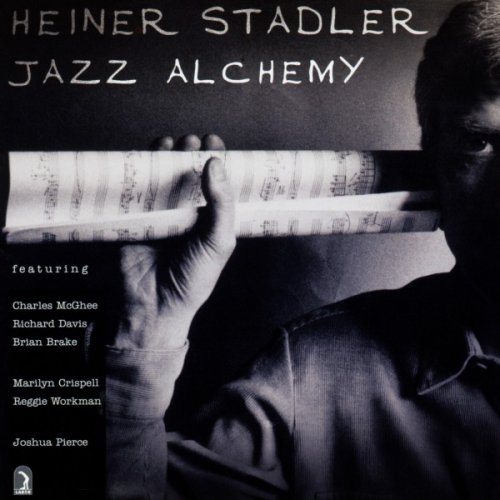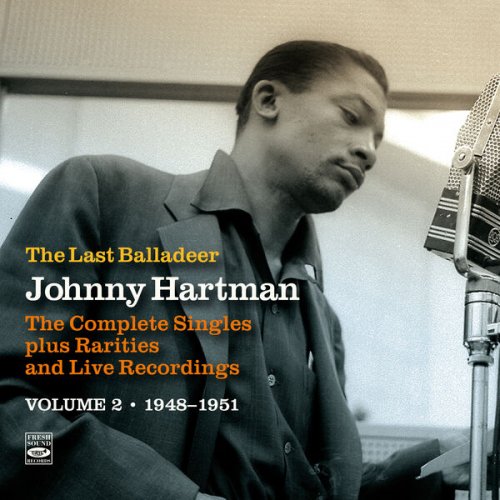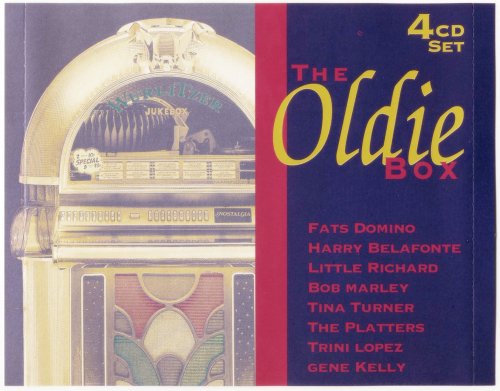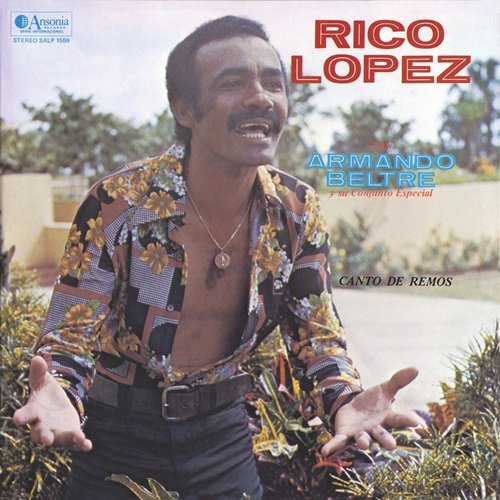Letizia Calandra, Francesco Cera & Michele Pasotti - Scarlatti And The Neapolitan Song: Canzonas And Sonatas (2013)
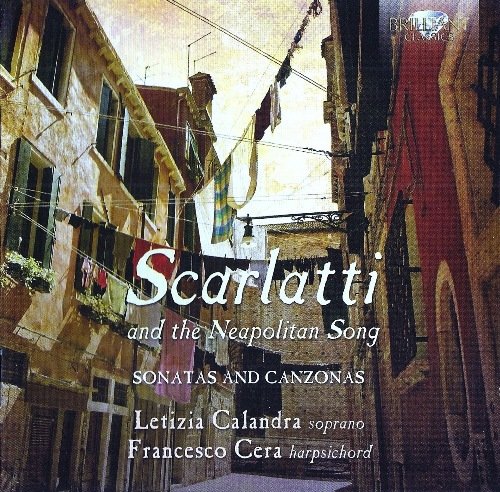
Artist: Letizia Calandra, Francesco Cera, Michele Pasotti
Title: Scarlatti And The Neapolitan Song: Canzonas And Sonatas
Year Of Release: 2013
Label: Brilliant Classics
Genre: Classical
Quality: FLAC (image + .cue, log, scans)
Total Time: 56:42 min
Total Size: 347 MB
WebSite: Album Preview
Tracklist:Title: Scarlatti And The Neapolitan Song: Canzonas And Sonatas
Year Of Release: 2013
Label: Brilliant Classics
Genre: Classical
Quality: FLAC (image + .cue, log, scans)
Total Time: 56:42 min
Total Size: 347 MB
WebSite: Album Preview
01. Sonata in G major, K103
02. Lo guarracino
03. Sonata in D major, K214
04. So li sorbe e li nespole amare
05. Sonata in D minor, K9
06. Chi disse ca la femmena
07. Sonata in D minor, K176
08. Michelemma
09. Sonata in G major, K153
10. La nova gelosia
11. Sonata in C minor, K174
12. Sonata in G major, K241
13. Quanno nascette ninno
14. Sonata Pastorale in C major, K513
15. Facimmo mo l'amore - No quarto d'ora
16. Sonata in B flat major, K202
Domenico Scarlatti, the sixth child of the celebrated composer Alessandro Scarlatti, was a prolific keyboard composer, and is best known today for his 555 sonatas for keyboard. Domenico was employed by various members of European royalty and nobility in Italy, Spain and Portugal throughout his career. His style was unusual and innovative, but very few of his works were published during his lifetime.
The disc combines several of Scarlatti’s keyboard sonatas with Neapolitan songs by various composers of the era, exploring the influences of these songs on Scarlatti’s sonatas. Scarlatti’s style is notable for its improvisatory nature as well as its incorporation of elements of Spanish and Portuguese folk music (the composer having spent time in Lisbon, Seville and Madrid), and among the Neapolitan songs featured on the disc is the immensely popular Lo guarracino, a fast?talking and high?spirited number that narrates the story of a fish, and the lilting La Nova Gelosia. Two extracts from operas – ‘So’ li sorbe e le nespole amare’ from Leonardo Vinci’s Lo cecato fauzo and ‘Chi disse ca la femmena’ from Giovanni Battista Pergolesi’s Lo frate ‘nnamorato – are also present, both of which feature a light?hearted portrayal of women. Out of the many versions of the song Quanno nascette ninno, the one by the Nuova Compagnia di Canto Popolare was chosen for this disc, thanks to its fascinating minor modulation.
Acclaimed harpsichordist Francesco Cera is considered one of Italy’s foremost interpreters of early music. He has toured all over the world and his recordings include interpretations of 17th?century keyboard sonatas, French suites and harpsichord concertos by J.S. Bach. Italian soprano Letizia Calandro’s repertoire includes Neapolitan songs alongside the more traditional oeuvres of the Classical and Baroque periods. Having studied at the Santa Cecilia Conservatory in Rome, she won the Spoleto Award and has performed the lead role in operas by composers as diverse as Monteverdi, Mozart and Verdi.
The disc combines several of Scarlatti’s keyboard sonatas with Neapolitan songs by various composers of the era, exploring the influences of these songs on Scarlatti’s sonatas. Scarlatti’s style is notable for its improvisatory nature as well as its incorporation of elements of Spanish and Portuguese folk music (the composer having spent time in Lisbon, Seville and Madrid), and among the Neapolitan songs featured on the disc is the immensely popular Lo guarracino, a fast?talking and high?spirited number that narrates the story of a fish, and the lilting La Nova Gelosia. Two extracts from operas – ‘So’ li sorbe e le nespole amare’ from Leonardo Vinci’s Lo cecato fauzo and ‘Chi disse ca la femmena’ from Giovanni Battista Pergolesi’s Lo frate ‘nnamorato – are also present, both of which feature a light?hearted portrayal of women. Out of the many versions of the song Quanno nascette ninno, the one by the Nuova Compagnia di Canto Popolare was chosen for this disc, thanks to its fascinating minor modulation.
Acclaimed harpsichordist Francesco Cera is considered one of Italy’s foremost interpreters of early music. He has toured all over the world and his recordings include interpretations of 17th?century keyboard sonatas, French suites and harpsichord concertos by J.S. Bach. Italian soprano Letizia Calandro’s repertoire includes Neapolitan songs alongside the more traditional oeuvres of the Classical and Baroque periods. Having studied at the Santa Cecilia Conservatory in Rome, she won the Spoleto Award and has performed the lead role in operas by composers as diverse as Monteverdi, Mozart and Verdi.
![Lexington - HARD BOP TANGO (2026) [Hi-Res] Lexington - HARD BOP TANGO (2026) [Hi-Res]](https://www.dibpic.com/uploads/posts/2026-02/1772180664_cover.jpg)
